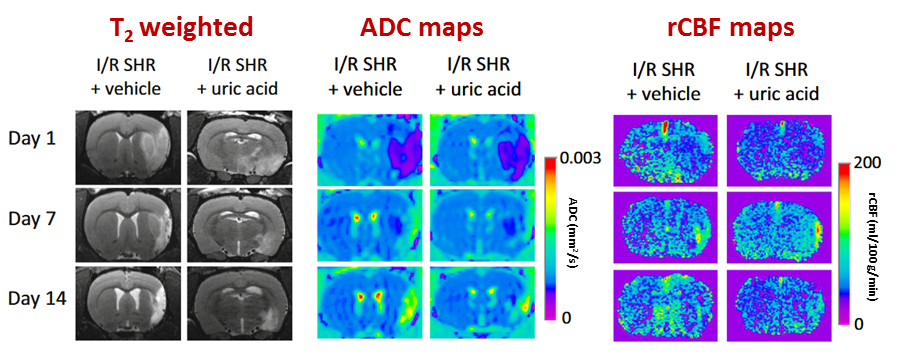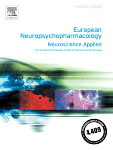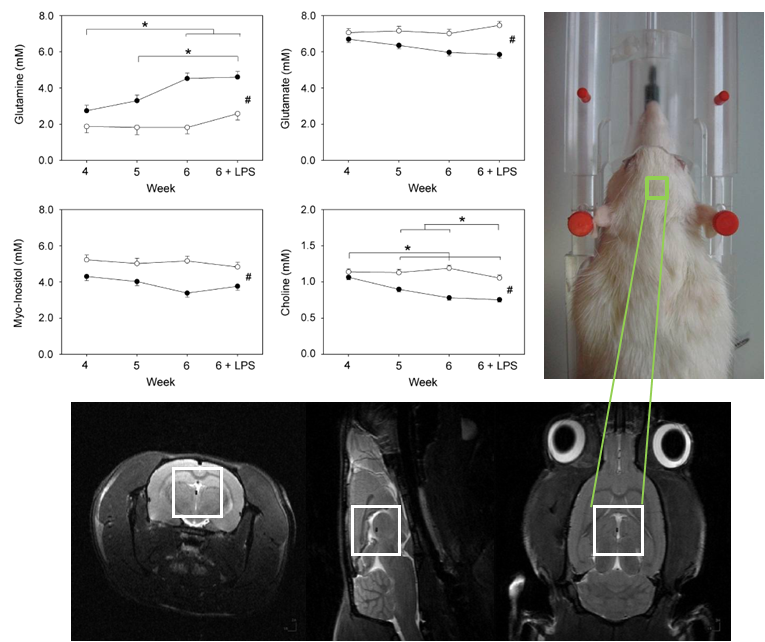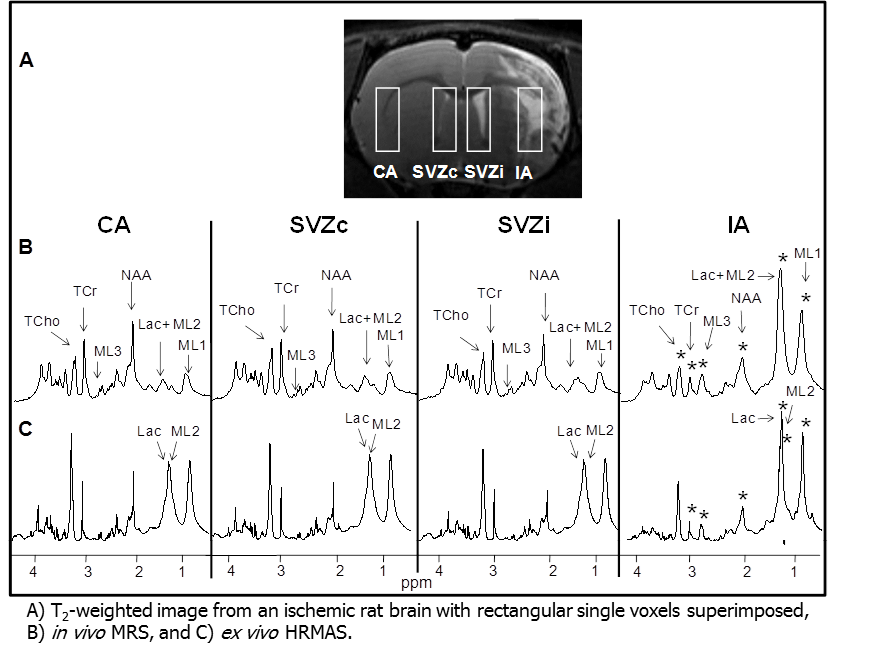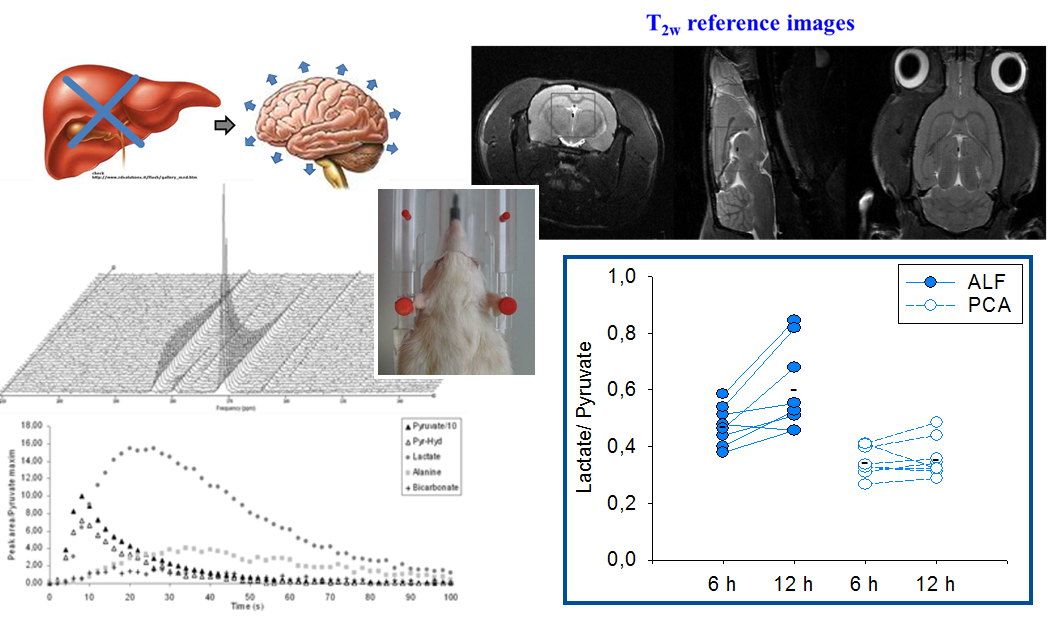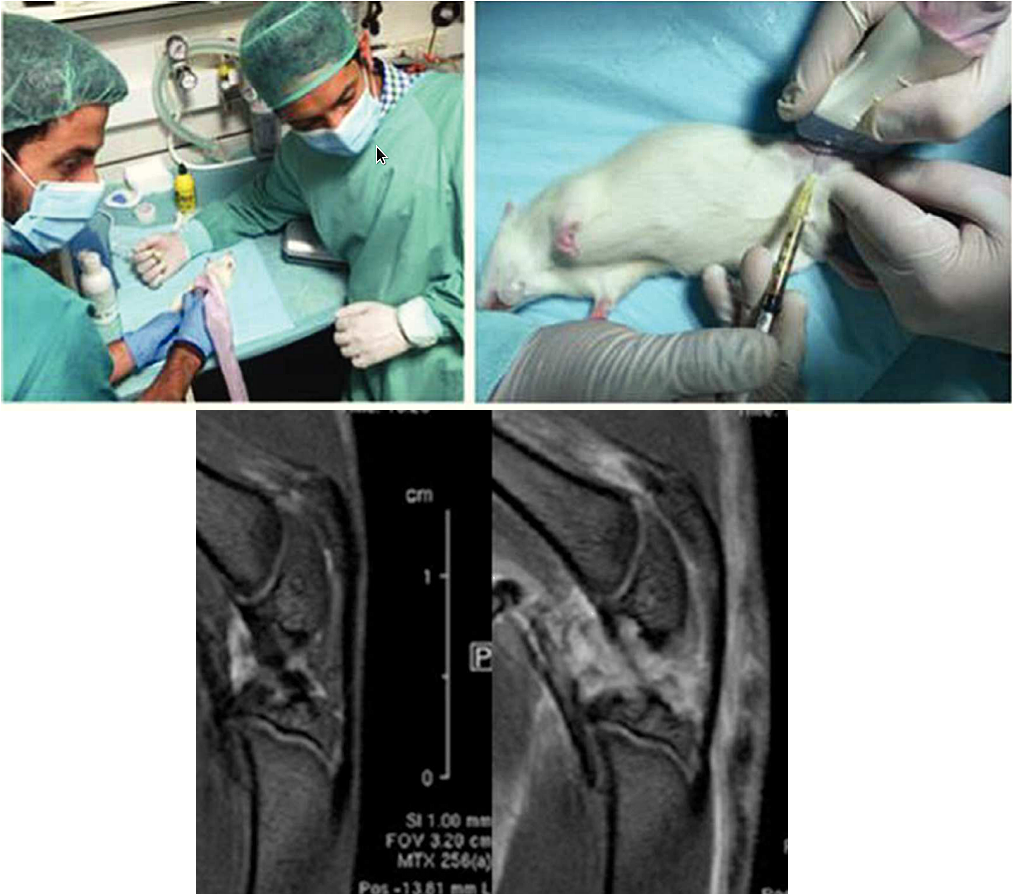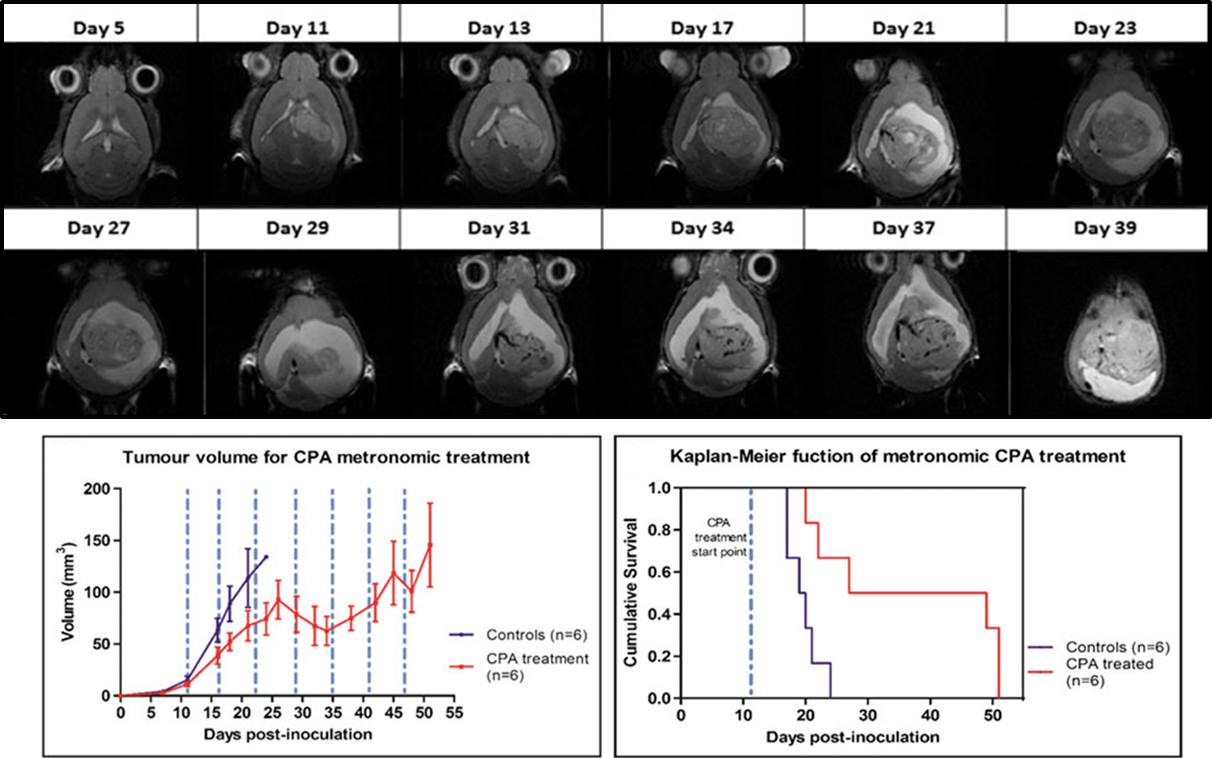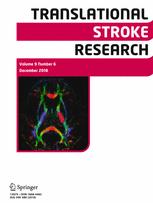
Jiménez-Xarrié, Elena, Belén Pérez, Ana Paula Dantas, Lídia Puertas-Umbert, Joan Martí-Fabregas, Ángel Chamorro, Anna Maria Planas, Elisabet Vila, Francesc Jiménez-Altayó. 2018. Uric Acid Treatment After Stroke Prevents Long-Term Middle Cerebral Artery Remodelling and Attenuates Brain Damage in Spontaneously Hypertensive Rats. Translational Stroke Research. DOI: 10.1007/s12975-018-0661-8
Hypertension is the most important modifiable risk factor for stroke and is associated with poorer post-stroke outcomes. The antioxidant uric acid is protective in experimental normotensive ischaemic stroke. However, it is unknown whether this treatment exerts long-term protection in hypertension. The authors aimed to evaluate the impact of transient intraluminal middle cerebral artery (MCA) occlusion (90min)/reperfusion (1–15 days) on brain and vascular damage progression in adult and spontaneously hypertensive rats (SHR) treated with uric acid. Ischaemic brain damage was assessed longitudinally with magnetic resonance imaging at the Nuclear Magnetic Resonance Service of the Universitat Autònoma de Barcelona.
In SHR rats, more severe brain damage and poorer neurofunctional outcomes were coupled to higher cortical cerebral blood flow at the onset of reperfusion, a transient increase in oxidative stress and long-lasting stroke-induced MCA hypertrophic remodelling. Thus, stroke promotes larger brain and vascular damage in hypertensive rats that persists for long-time. Uric acid administered during early reperfusion attenuated short- and long-term brain injuries in both normotensive and hypertensive rats, an effect that was associated with abolishment of the acute oxidative stress response and prevention of stroke-induced long lasting MCA remodelling in hypertension. These results suggest that uric acid might be an effective strategy to improve stroke outcomes in hypertensive subjects.
